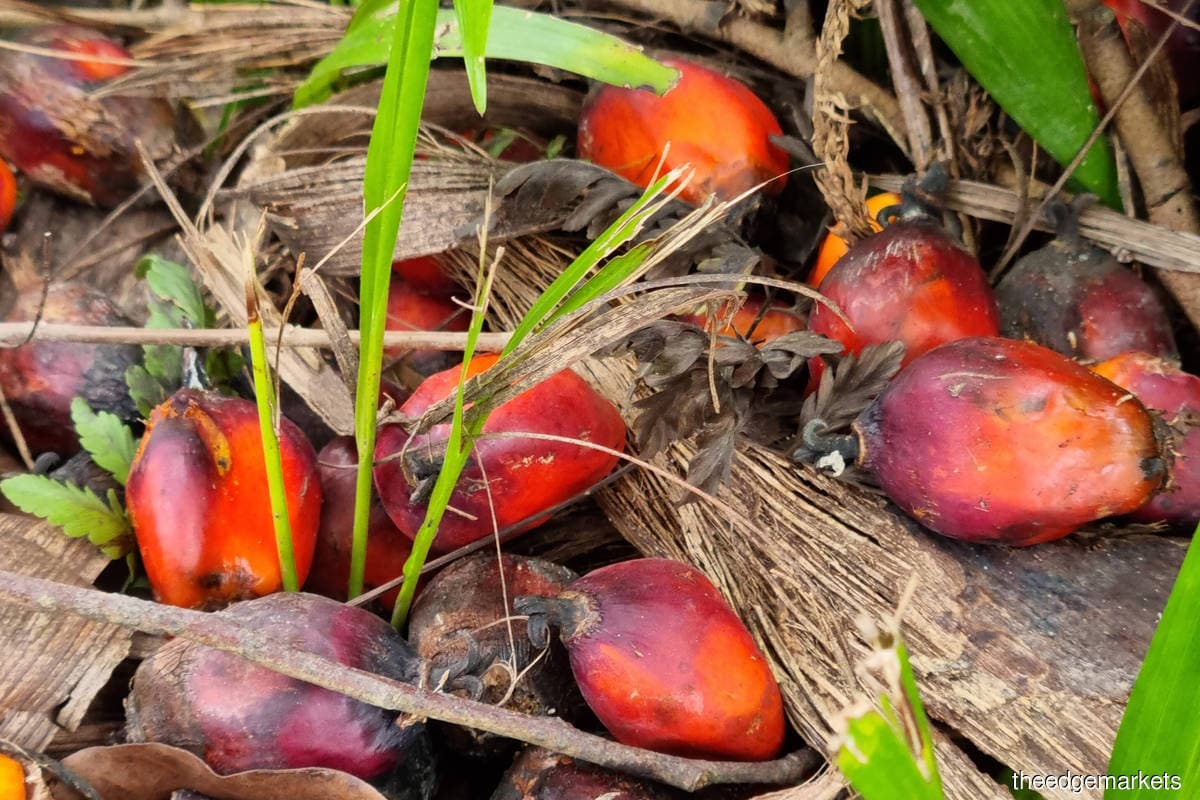
KUALA LUMPUR (July 14): CGS-CIMB said Indonesia’s temporary halt in sending its citizens to work here is negative for Malaysia and, in particular, the palm oil industry, which is heavily reliant on Indonesian workers to ease the labour shortage issue.
Indonesia's Ambassador to Malaysia Hermono told Reuters the freeze was imposed after Malaysia's immigration authorities continued using an online recruitment system for domestic workers that had been linked to allegations of trafficking and forced labour.
In a note on Thursday (July 14), the research house said Malaysia’s palm oil output will be below forecast in the second half of 2022 (2H22) if this issue is not resolved.
“[This will be] negative for Malaysian planters and the market due to earnings risks."
CGS-CIMB further explained that the move by Indonesia is a negative for the market as the temporary freeze measure will delay the recruitment of foreign workers to Malaysia.
It said this is likely to worsen the acute labour shortage faced by all sectors in Malaysia, and delay the recovery of their operations to pre-pandemic levels.
The research house said the worker shortage, combined with rising costs (fertilisers and a higher minimum wage) and falling crude palm oil prices, will be negative for 2H22 earnings — posing downside risks to Malaysian planters’ earnings.
“On top of this, the Malaysian Anti-Corruption Commission’s probe into Bestinet on July 6 [over allegations of irregularities in the selection of 25 Bangladeshi companies as agents to bring in workers] may also cause a 'slight delay' in processing applications, according to the human resources minister.
“Bestinet supplies the Foreign Worker Centralised Management System, used for processing the recruitment of workers from all source countries.
“Overall, we are negative on this news as it poses downside risks to corporate earnings,” it said.